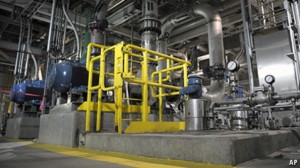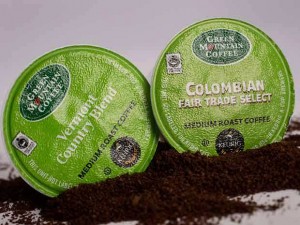As Eric stated in his blog post “The Real Reason Burger King is Buying Tim Hortons“, burger giant Burger King has recently agreed to take over Canada’s famous Tim Hortons for 11 billion dollars. Coincidentally (or maybe not), if Burger King relocates to Canada, they will pay 14% less tax than they previously paid in the U.S. As the world’s second largest burger giant, Burger King would be saving a large sum of cash with a 14% tax break. This is not the first time that 3G (Burger King’s majority shareholder) has bought a company with plans to expand. As seen in this article, 3G bought Anheuser-Busch for $52 billion in 2008 and quickly used it to nearly take over the market for beer.
Along with lower taxes, Burger King is about to acquire a Canadian fast-food chain that knows a lot about breakfast. By gaining inside breakfast-knowledge from Tim Hortons, Burger King could earn big profits by hopping on the morning coffee-and-doughnut train.
I agree with Eric that buying Tim Hortons was a smart move on Burger King’s behalf, but it will be interesting to see whether the rest of the world will fall in love with Timmies the way that us Canadians have.



